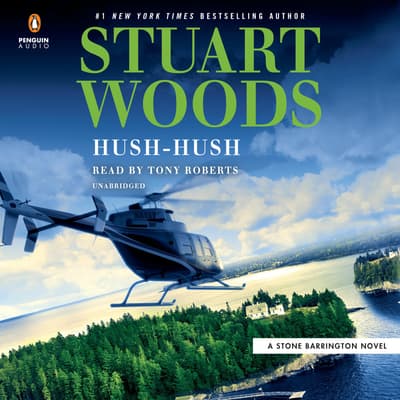

The long and narrow homes were like a fallen picket fence, their white siding peeled by the sun. From the top, she looked down on the furrows of cheap housing. Scraping the clumps of mud and clinging sand from her knees, she ran up the hill. “Shhh,” she said and paused, cocking her ears. She drew a circle in the sand and placed her creation at its center.

It’s Aida Wedo.” She held it up to the sky. “Look, it’s a loa.”She crafted a round figurine. “Sylas,” she said as she leaned back and shaped a clump of clay into a figure. At her approach, the nearby birds had scuttled on or taken to flight. The pit she’d made was like a wound, red and swollen. Her hands sunk into the sand until they hit mud, a rich red clay that made a deep thok sound when she pulled her hands out. As her feet left the scrubby grass and hit the thick sediment, she stumbled and went to all fours. She set off down the hill toward the sandy towhead of the island. She scratched her elbow and gazed down the steep slope where more birds picked at the beach below. She wore a red shirt and a matching pair of jogging shorts with white, baggy socks piled above her clunky tennis shoes. Her black, twirly hair tickled her cheek as an easterly wind chased after the sinking sun. “Shut up,” she said to the cawing birds, gliding and swirling above her. Most nicknamed it the Mighty Mississippi, but here the people called it “the Ol’ Man.” She was scowling at the long, flowing arm of the river. Atop it stood Espy Rojas, newly transplanted from Pascagoula, with her fists dug into her hips and her legs akimbo. At its north end was a hill, called Alright Hill, a bulwark against the flow of water. Whisper Island was just a tongue of land tucked into a curl of the Mississippi River, south of the Delta.


 0 kommentar(er)
0 kommentar(er)
